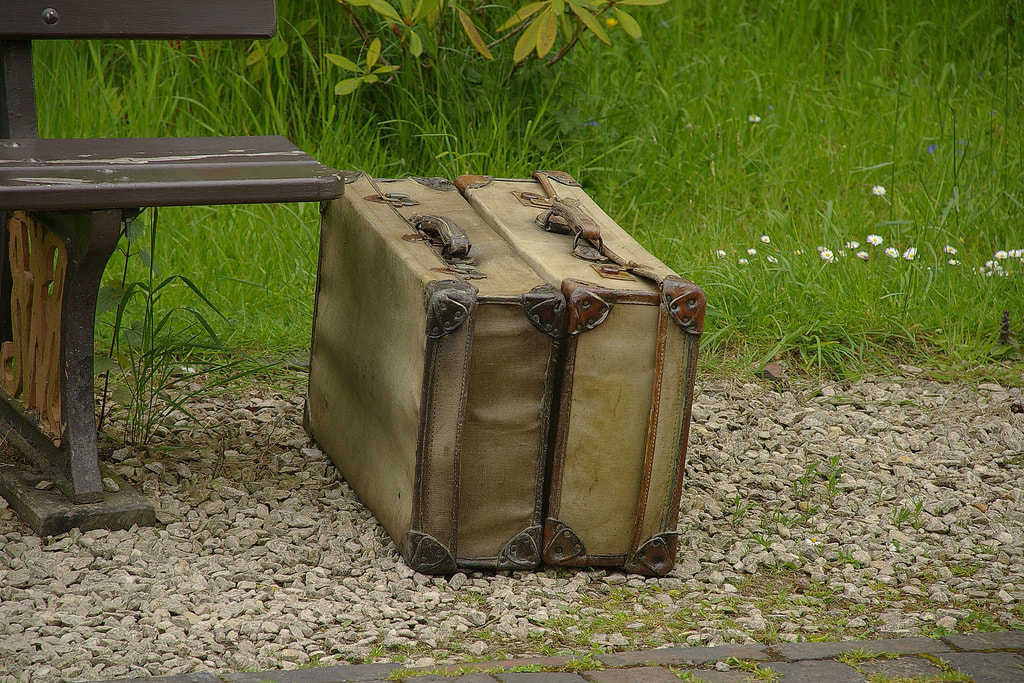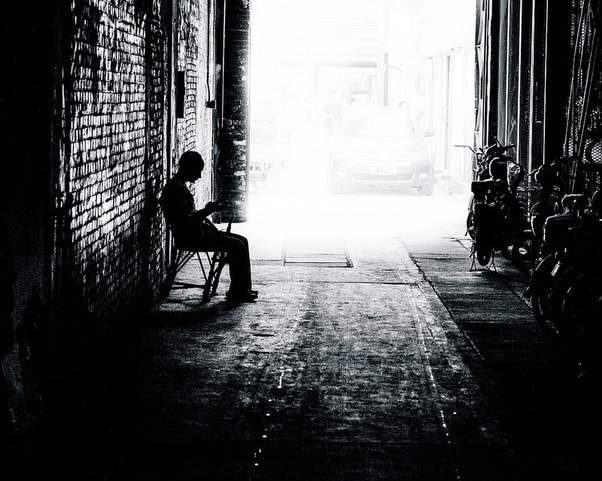It wasn’t all sunshine, however. Although my mother was a soft-hearted Christian, I was a hard-headed feminist atheist. So of course everything had to go according to my wishes and my plans. Pity the poor soul who dared to cross me.
Which means my memories of our travels are pockmarked with a number of cringe-worthy moments.
I remember in particular an incident when we were disembarking from a TEE train in Salzburg, as I struggled to unload our two back-breakingly heavy suitcases. A very pleasant Austrian man offered to help me.
“No thank you,” I said icily, practically knocking him down in my outrage. Couldn’t he see that I was perfectly capable of managing on my own? How dare he assume that I needed his assistance? I am woman, hear me roar!
“Why didn’t you accept that nice man’s help?” my mother asked a little later, as we wheeled our bags along the walk to the nearby Goldener Loewe hotel. (Suitcases didn’t come with wheels yet, but some enterprising business had just come out with those portable wheelie thingies that you strapped on to the bags. Sheer genius.)
“Why?” I practically hissed. How could she not see it? “Because I obviously didn’t need his help, that's why.”
“Sometimes,” she said, “a lady accepts help even when she doesn’t need it, to let others be a blessing to her.”
“I’m hardly a lady,” I scoffed, totally missing the point of her advice but successfully silencing her.
I was thinking about that incident recently, after having a conversation with a physically disabled friend who was lamenting her total dependence on others. “If only I could walk again, I’d be less of a burden to everyone,” she said wistfully. “I’d actually be able to help others again.”
“Sometimes,” I replied, “we need to allow others to be a blessing to us. And in your case, you are doing that daily.”
She thought about it, and agreed, and praised the Lord that He was giving her this opportunity to give others this particular blessing.
It took me a few hours to realize how I’d managed to come up with this brilliant observation. But realize, I did: It was simply a paraphrasing of my mother’s advice, delivered four decades ago outside of a train station in Austria.
Why do so many of us have such a hard time accepting help?
I suppose part of the problem is our pride; we don’t want to admit that we have any weaknesses requiring assistance.
But there must be more to it than that.
“Well,” you might remind me, “Jesus Himself said that it is more blessed to give than to receive.” (Acts 20:35)
Ah. So we want to keep that blessing for ourselves? Even if it means denying it to others?
Of course not. But sadly, we don't always dig deep enough to see the results of our thought and actions.
Just think how would-be helpers must feel when we refuse their assistance, especially when they’d be going to some trouble or expense to provide it.
I thought about it, and mourned all the times I’d robbed others of the blessing of giving.
Which made me think about how God must feel when we reject His gift of salvation (Ephesians 2:8-9). After all, He bought that gift for us on the cross “for the joy that was set before Him” (Hebrews 12:2). When we reject His gift, we are robbing Him of joy that He died to obtain.
Or how about this: What if we let others help us, and then insist on paying them for their efforts? Say, for instance, that I’d accepted the Austrian gentleman’s help with our suitcases, and had then slipped him a generous tip. Would he have been unhappy? Insulted, perhaps?
How do you suppose the Lord must feel when we accept His gift of salvation and then attempt to reimburse Him in a currency of good works, sacraments and sacrificial service to others? Are we not insulting the Giver?
I don’t know about you. But if the Lord continues sending me down the road into old age, I’m going to make a point of letting people help me. It won’t be easy for this still-recovering feminist. But my mother said that a lady accepts help even when she doesn’t need it, to let others be a blessing to her. And as it turns out, my mother was right about everything; somehow, she even knew that I would one day be divinely transformed into the semblance of a lady.


 RSS Feed
RSS Feed